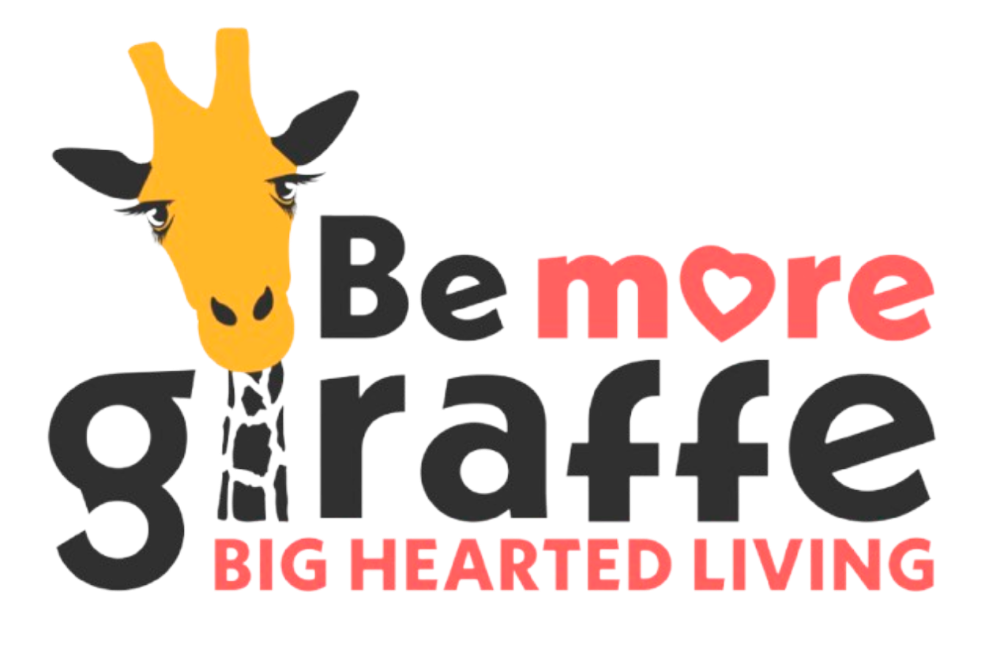How needs affect our behaviour
“When we understand the needs that motivate our own and others’ behaviour, we have no enemies.”
Marshall B Rosenberg
In Nonviolent Communication, all behaviour is seen as an attempt to get our needs met. Marshall Rosenberg believed that if we can identify these underlying needs we are better able to connect with empathy - both to ourselves and others.
All humans have needs. These include physical needs such as food, rest or water; or they may be abstract needs, such as the need for respect, cooperation or peace. Needs will vary from person to person and from moment to moment and different people will choose to meet the same need in different ways.
Whether our needs are met or remain unmet, we have an associated emotional response. For example, if I don’t eat sufficient food, I become irritable and impatient as well as feeling hungry. If, on the other hand, I have just eaten a delicious, satisfying meal, I may feel happy and content.
If a colleague fails to complete a project they’ve promised to do, I might feel frustrated due to my unmet need for trust; if another colleague then offers to take on that task, I might feel grateful since my need for support has been met.
Often, we may find it difficult to recognise there is a need hidden beneath a particular feeling - especially since our emotions are often triggered by past events and learned thought patterns.
This is because whenever we experience something, we attach a meaning to it. This meaning will be based upon our previous experiences and the beliefs and opinions we have formed up to that point.
Often, we attach a meaning to someone else’s or our own behaviour that is not helpful or is simply not true. We think ‘negative’ thoughts and it’s these thoughts that trigger our unhelpful emotions and responses – it’s that voice in our head, our inner critic - or our inner jackal.
Our inner jackal may operate in stealth mode: we don’t even notice the thoughts that are triggering the emotions. This is because those thoughts have become beliefs that are embedded in our sub-conscious minds to the point we act automatically, without consciously thinking about it. When these sub-conscious beliefs cause us to act in a way that doesn’t serve us, they are sometimes referred to as ‘limiting beliefs’.
We all have an inner jackal. It’s a normal part of being human. It’s actually there to serve us, to keep us safe, to protect us from being hurt – physically or emotionally. Unfortunately, our jackal sometimes takes over and we behave in ways that are not helpful to ourselves or those around us. When we unleash our jackal this can lead to destructive behaviour; towards ourselves and others.
Thankfully, we also have an inner giraffe! Our inner giraffe is our caring, compassionate, loving side. It’s the part of us that, according to Rosenberg, is our natural human state of being. When we connect with our inner giraffe, we are able to see through jackal words and actions (our own and other people’s) to the unmet needs behind them.
With this insight, we are able to choose how to respond: from our compassionate giraffe or our judgemental jackal.
Subscribe to my mailing list.
Would you like to harness your inner giraffe? Sign up to my mailing list to receive giraffey news, updates and offers.
We respect your privacy.

(Definition) to be more giraffe: to make a conscious choice to live in a big hearted way - with compassion, abundance and joy
Copyright © Big Hearted Living Terms & Conditions | Privacy Policy | Trading as Big Hearted Living and company reg number 13179370
